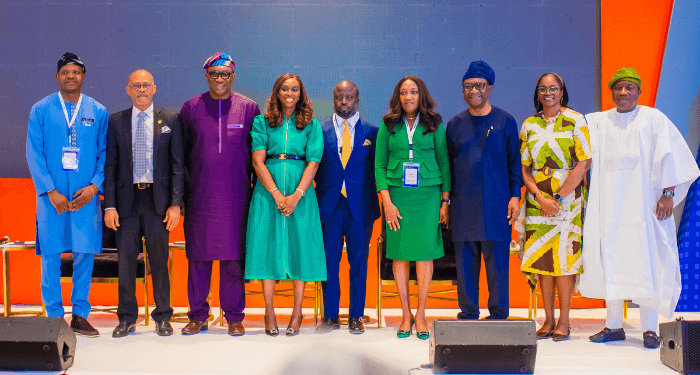The Lagos State Government has reaffirmed its commitment to strengthening Public-Private Partnerships (PPP) as a key strategy to drive growth and empower agribusinesses across the state.
Commissioner for Agriculture and Food Systems, Abisola Olusanya, said the state’s current focus is on promoting youth-led agribusinesses, improving food supply chains, and encouraging sustainable livestock production through collaboration with private investors.
She noted that the government’s partnership approach continues to attract private sector participation across various agricultural sub-sectors, supporting market linkages and community-based enterprises.
“Through these partnerships, we are building a more inclusive, resilient, and commercially viable agriculture sector that benefits farmers and communities,” Olusanya said.
Highlighting key initiatives, she mentioned the Lagos Food Systems Transformation Agenda, which integrates central and mid-level food hubs with last-mile distribution outlets to enhance food access and reduce post-harvest losses. Construction is ongoing at the Lagos Central Food Security Systems and Logistics Hub in Epe, with additional hubs in Ibeju-Lekki, Agege, and Opebi.
The commissioner also noted that the ‘Produce for Lagos’ initiative and the N500 billion Guarantee Offtake Fund are providing farmers with market assurance while boosting local production.
In line with its empowerment drive, the Lagos Agripreneurship Programme (LAP) has trained over 4,400 young people and women, with many supported to establish their own ventures. Other projects such as the Eko Agro Mechanisation Scheme and the Lagos Rice Mill in Imota have created thousands of jobs and expanded production capacity.
Olusanya added that livestock and aquaculture development are also receiving renewed attention through projects such as the Cattle Feedlot Project in Epe and the Lagos Aquaculture Centre of Excellence (LACE), both designed to meet the state’s protein demand and ensure food safety.
She reiterated that Lagos remains committed to deepening public-private partnerships that create value across the agri-food sector. “Our goal is to make Lagos a leading model of agricultural transformation in Nigeria one that is inclusive, technology-driven, and future-ready,” she said.










